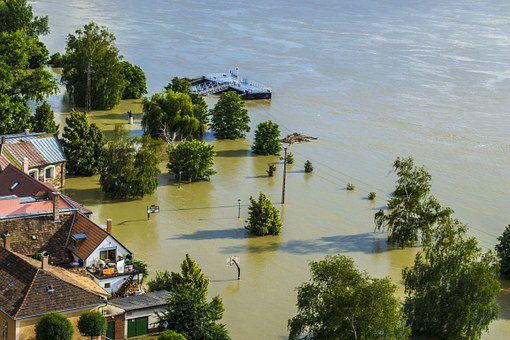After hitting Mozambique where it killed 447 people, Cyclone Idai tore into Zimbabwe and Malawi, killing many people as they slept.
The United Nations has confirmed that nearly 800 have been lost in the three countries.
“The efficacy of the ARC Drought Model was proved many times when governments of member states received insurance payouts triggered following poor rainfall seasons in the Sahel and Southern Africa, enabling them to provide timely assistance to the affected
population”, the ARC media statement to APA said.
The governments of Mozambique, Malawi and Zimbabwe are founding members of the ARC family, having signed the ARC Establishment Treaty in 2012
At the time of its establishment, the African Risk Capacity focused on building member states’ technical capacities and development of risk financing mechanisms to combat drought risk which was the major catastrophe against food security on the continent.
The efficacy of the ARC Drought Model was proved many times when the governments of member states received insurance payouts triggered following poor rainfall seasons in the Sahel and Southern Africa, enabling them to provide timely assistance to the affected population.
Following requests from members, ARC has been intensively working on the development of River Flood and Tropical Cyclones Models to derive corresponding risk financing products that will provide immediate access to financing to African countries that are prone to such hazards and enable them to provide timely assistance to affected communities.
“It is unfortunate that these massive disasters have happened whilst the development work for these tools is still in progress”, ARC adds in the statement.
It adds: “It is our sincere hope that the ARC River Flood and Tropical Cyclone financial products will soon be made available to member state governments to better prepare them for responding to disasters of this nature.”
Technical experts from ARC have been working closely with other partners to provide information from the models on the areas affected and evaluate the extent of the impact from these two events.
“We expect that this information will be helpful in facilitating a good response and providing better understanding of the prevailing situation”, the ARC says.
The African Risk Capacity Group says it would like to commend these governments and partners that have already responded, for their efforts in supporting affected communities and call upon more partners, donors, stakeholders and friends to join the ongoing relief efforts, in solidarity with the governments and peoples of Mozambique, Malawi and Zimbabwe, to mitigate the impact of this devastating catastrophe.
Charities say thousands of people are stranded by catastrophic flooding, clinging to roofs or stuck in trees.
CM/as/APA


